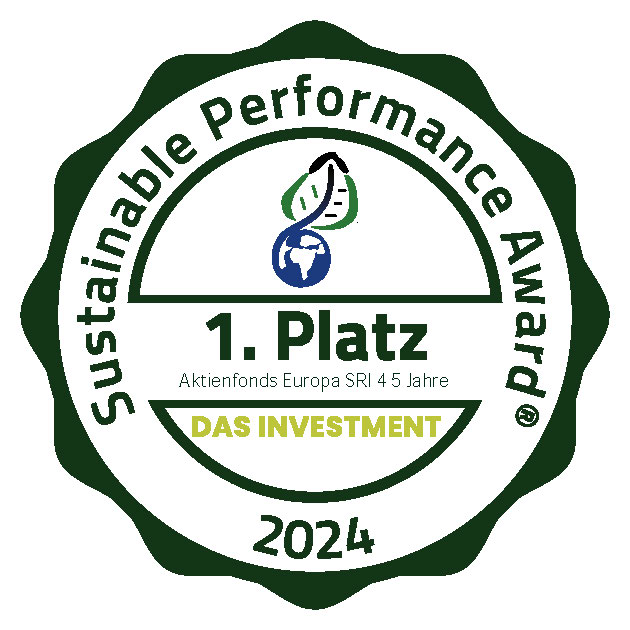With spring’s arrival, not only does nature awaken, but so does our awareness of the planet. In April, environmental protection takes center stage, culminating in the international Earth Day on April 22. This year’s theme, “Our Power, Our Planet,” underscores the importance of sustainable resource management on a global scale. One approach gaining significance is impact investing, which strategically channels capital into companies that generate measurable positive effects on the environment and society. Our funds contribute by investing in energy- and resource-efficient technologies while delivering attractive returns.
Carnot Capital: Technology-Driven Sustainability
At Carnot Capital, we believe that technological innovation is the key to a sustainable future. Instead of advocating for sacrifice, we invest in companies whose products and technologies enhance energy and resource efficiency. With over CHF 250 million in assets under management and an annualized performance of over 6% since 2007, we successfully combine ecological responsibility with financial appeal.
Strategy and Target Sectors of Carnot Capital Funds
Our funds, particularly the Carnot Efficient Resources Fund, invest globally in publicly listed companies with resource-efficient technologies. Company selection is based on an attractiveness ranking, incorporating valuation and quality criteria. A key metric in our assessment is the Return on Capital Employed (ROCE). Our target sectors align with the four classical elements:
- Fire (Energy): Building technology, Industry 4.0, e-mobility, renewable energy
- Water: Drinking water treatment, wastewater purification, irrigation infrastructure
- Earth: Agriculture, food processing, raw material recycling
- Air: Emission control, low-emission fuels
Attractive Investment Opportunities
Focusing on companies with sustainable technologies not only creates ecological benefits but also opens up economic opportunities. Technologies that enhance energy and resource efficiency have excellent growth potential, as they provide solutions to pressing global challenges. Investors thus benefit from the combination of positive environmental impact and financial returns.
Conclusion
Earth Day on April 22 highlights the urgency of sustainable action. Impact investing, as practiced by Carnot Capital, demonstrates that investments in energy- and resource-efficient technologies can make a measurable contribution to global sustainability—without compromising on attractive returns. By supporting companies that develop innovative solutions to environmental challenges, investors actively contribute to a more sustainable future.
Andres Gujan, Founder of Carnot Capital & Impact Portfolio Manager, April 2025


